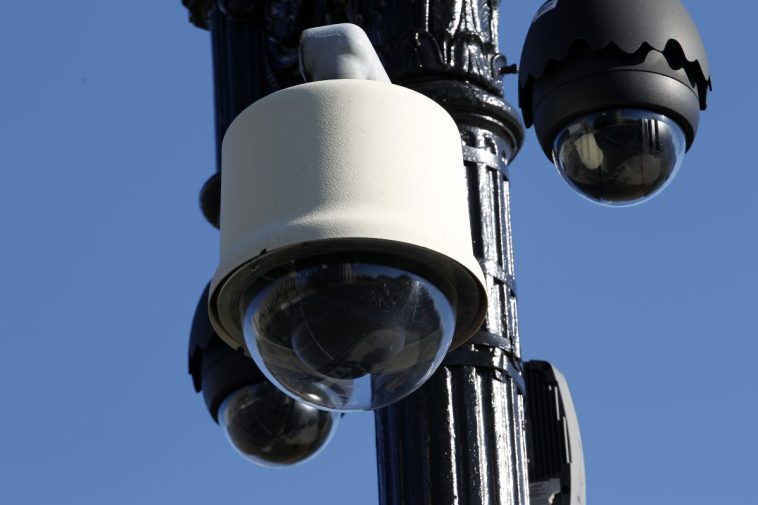This week the Supreme Court heard critical cases involving the privacy of Americans. The question facing the court is what legal expectation of privacy do citizens have when it comes to their cellphones, which arguably act as our digital blueprints.
Videos By Rare
If you are arrested, can police without a warrant search the cellphone you are carrying? The American Civil Liberties Union describes our cellphones as “our new homes” in the digital age and therefore standards for searches should apply. Then again, the government is already collecting our data anyway.
I’ve written about privacy, technology and the surveillance state on many occasions. Aside from the constitutional violations associated with the collection of our data, here’s the personal reason as to why I find this subject so compelling.
In the fall of 2005 I studied abroad in Prague, Czech Republic. As a former soviet satellite, I was interested in the politics and culture of a post-communist society. I got an internship at a Czech-English publication where I had the opportunity to write a piece for the magazine.
In my attempt to find my story, I found Czech politician Petr Cibulka, who fascinated me. Cibulka was a signatory of Charter 77, the (illegal) underground movement to overthrow communism.
But like other countries, once communism fell, the Czechs were faced with the question of how they would handle the transition, and what would they do with the civil servants, politicians and agents under the former regime. Did former communist agents deserve jail time? Should they be forgiven? Could the country keep secret the agents’ identities, and start over from scratch?
For the most part, the Czechs decided to keep this information secret, but Petr Cibulka disagreed. In defiance of his friend and new president Vaclav Havel, he published the identities of many communist agents in what is now known as “the Cibulka lists.”
I found this story compelling and wanted to speak to the man who would make such a controversial decision.
Through email, I establish communication with Cibulka. After many weeks of communication, I thought I had him to the point where I could secure a face-to-face interview.
My editor asked for a meeting on my progress, which I was excited to share, but when I went into my email inbox to print out my correspondences, I found absolutely nothing.
In the blink of an eye, all of our emails had disappeared. Nothing in the Inbox, Sent, Archives – nothing. It’s as if none of it existed. As a journalism student, I learned the hard way to back up your files.
I took the experience to my editor, who was Czech. He was not pleased, but he also told me to stop digging down the rabbit hole immediately and not pursue the story any further. Other interns joked about me being on the government’s “list.” But the funniest jokes are always tinged with a hint of truth.
The information disappeared because of one of three things: I’m a strategic idiot who somehow managed to keep my entire email inbox intact but delete every piece of communication related to this one person; Cibulka himself had the means to have our correspondence deleted; or there was some outside entity that didn’t want me to have this information or do what I was doing.
I’ve read accounts from other journalists who’ve had similar problems, to which Cibulka himself has responded: “It would be waste of time to talk about constant wiretap in this place. The methods used by the ‘post-communist’ regime against differently-thinking and inconvenient people are absolutely the same as those used at the time of open communist dictatorship.”
I’m not saying that I trust this man, who may be extremely paranoid on account of his experiences and eccentricity. But the experience certainly shook me in a way that I am only now beginning to understand.
When the extent of our own surveillance capabilities came to light last year, I suddenly felt as though maybe I wasn’t crazy. I also feared the dark possibilities of what it could become here at home. The “surveillance state” was something you were supposed to read about in the history books under “communism,” not on the front page of the daily paper.
There’s a reason why freedom of speech and press are in the First Amendment to the Bill of Rights in the United States. Information and speech are power. Sometimes it’s not about what you say, but it’s about what doesn’t get said, and that is a back-door limitation to our rights as well.
While I have no idea if these practices exist in the United States, we absolutely have the capability of doing so if our government wanted. They might not feel the need … yet.

